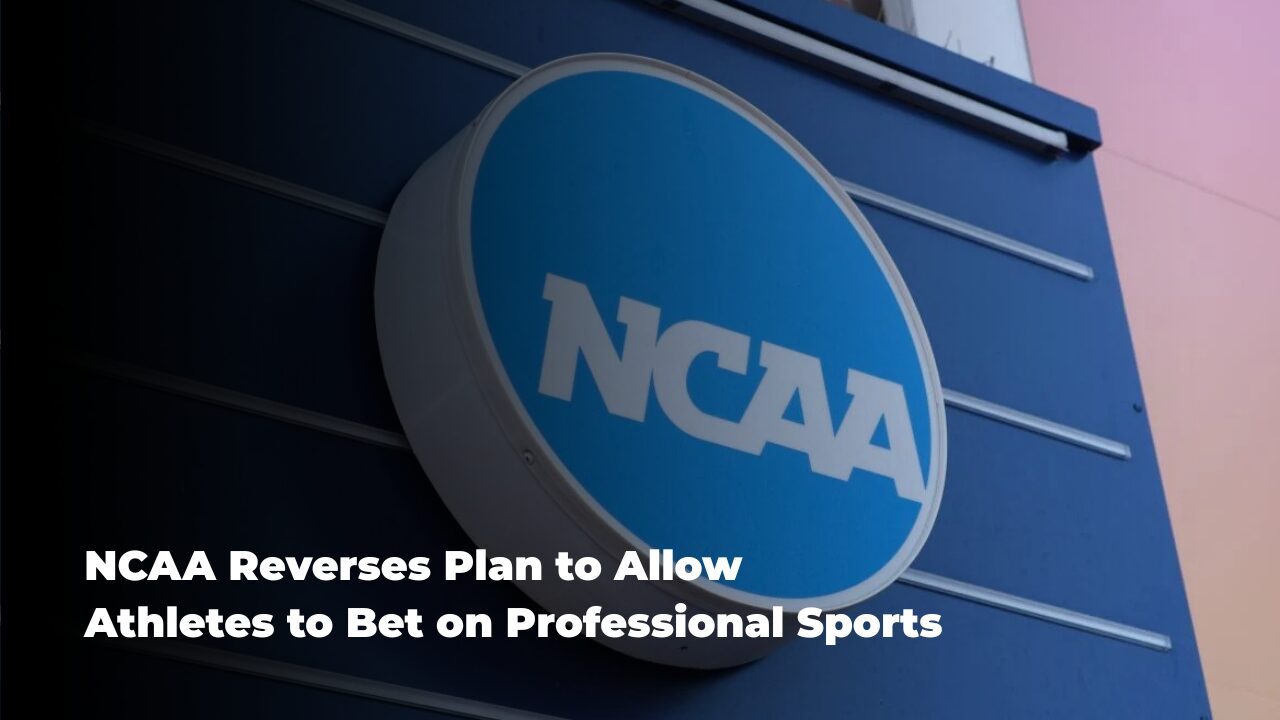The National Collegiate Athletic Association (NCAA) has decided not to go ahead with a proposal that would have allowed college athletes to bet on professional sports. NCAA Division I members voted on 21 November to reject the planned rule change, stopping a measure that was originally scheduled to take effect on 1 November.
The proposal had passed the Division I cabinet with less than 75 percent support, which triggered a 30-day review period. During that time, member schools had the option to vote to rescind the measure. More than two-thirds of schools voted against it before the 24 November deadline.
The vote preserves the long-standing NCAA policy that prohibits all sports wagering by athletes and athletic department staff. Officials said the policy is important as cases related to sports betting continue to rise in college and professional sports.
Recent Betting Cases Highlight Risks
Recent investigations show how vulnerable competitions can be to outside betting. Last month, NBA player Terry Rozier and coach Chauncey Billups were arrested in connection with two large betting operations. Billups is expected to enter a plea in court on 24 November, according to Reuters.
The NCAA is also handling multiple internal enforcement cases. Earlier this month, six men’s basketball players were ruled ineligible due to alleged sports betting violations. In addition, allegations confirmed this year show that former Temple guard Hysier Miller placed bets on games involving his own team.
Officials said at least a dozen other investigations remain active, showing that sports betting remains a serious concern for college athletics.
Ban Maintains Integrity Across Divisions
Even if the proposed rule allowing professional sports betting had been approved, athletes and staff would still have been barred from betting on any college games. The rejected measure would only have allowed wagering on professional leagues at all three NCAA levels.
Because the Division I vote applies across divisions, Divisions II and III will also continue to prohibit betting on professional sports. Officials said the decision is meant to protect athletes and maintain fairness in competitions, as exposure to betting can create pressure and increase risk.
Debate and Growing Concerns
The proposal caused significant debate in the college sports community. Southeastern Conference Commissioner Greg Sankey sent a letter to NCAA President Charlie Baker last month, expressing concerns about loosening the rules. The two SEC representatives on the Division I cabinet had voted in favor of the change, showing that opinions varied within conferences.
NCAA officials reported that enforcement cases related to sports betting have grown in recent years. They emphasized that upholding the ban is a way to protect athletes and maintain the integrity of college sports as betting becomes more common in the wider sports landscape.

 Companies
Companies 





